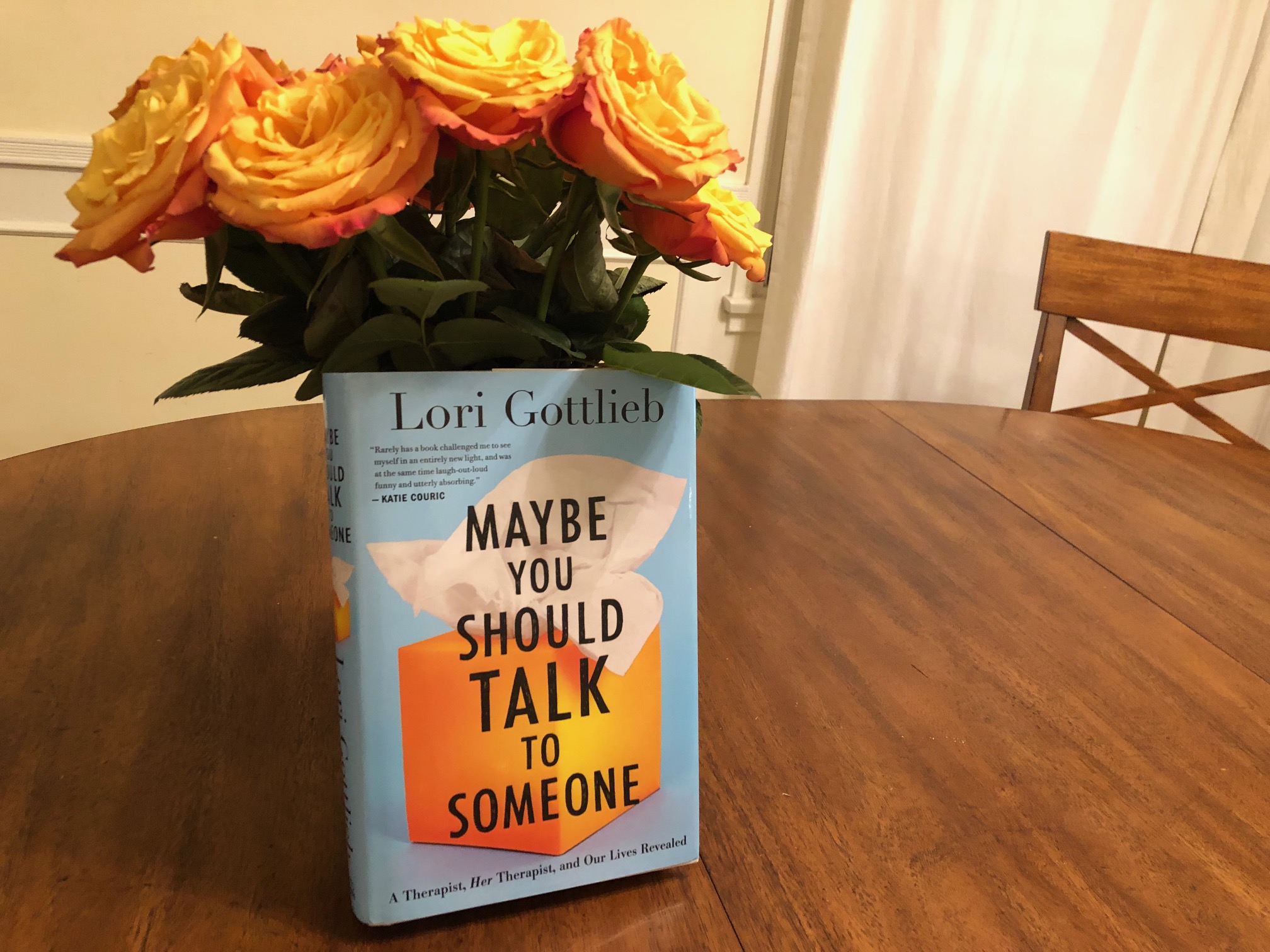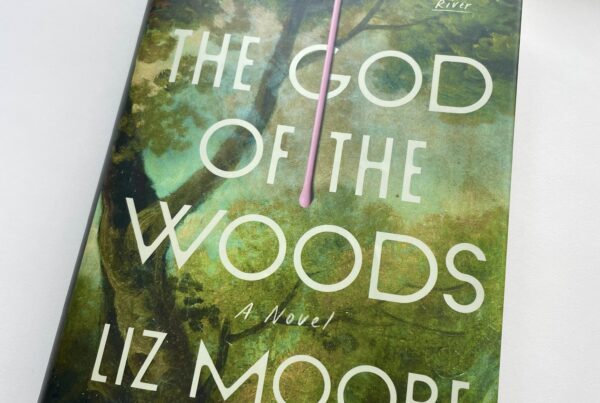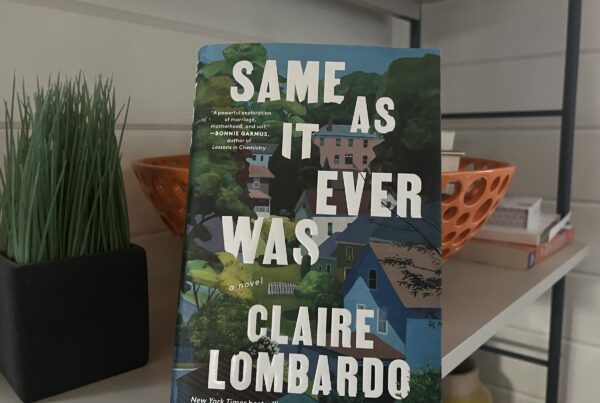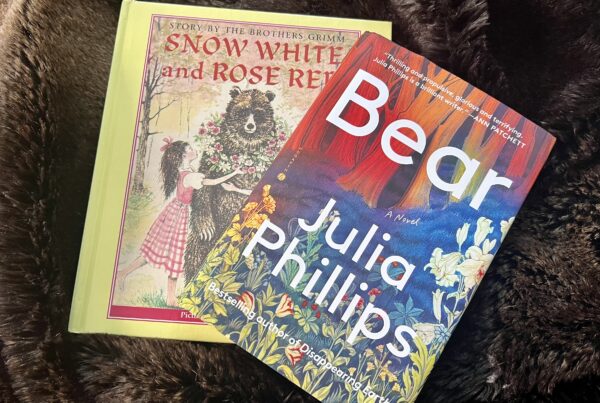A teacher friend and I have what we like to call a “book club of two.” We meet throughout the year and especially in the summers, on patios on L.A.’s Ventura Boulevard over spinach salad and iced tea, shrimp tacos and sauvignon blanc. We have no specific criteria, but the books we love are compulsively readable and potentially life changing, even a little bit dishy (one of my friend’s favorite words). We don’t search for them – they tend to hit us directly in the forehead. Whether we’re gulping down a breathless novel or a train wreck of a memoir, these narratives challenge us to be fully alive.
Lori Gottlieb’s Maybe You Should Talk to Someone: A Therapist, Her Therapist, and Our Lives Revealed dazzles based on any criteria. In Gottlieb’s descriptions of her work with patients – and her sessions as a patient with a therapist she calls Wendell – she reminds us that we’re all human, all vulnerable, all swimming in the same soup of insecurity and delight and fear and love.
Gottlieb weaves her own midlife breakup story into her patients’ sagas while also offering gentle background on clinical psychology, such as defining “a therapeutic alliance, a trust that has to develop before any work can get done.” Read with an open mind, this book can feel like a therapy session in itself or generate grist for many sessions to come. Some of Gottlieb’s koans include the ideas that “change and loss travel together. We can’t have change without loss, which is why so often people say they want change but nonetheless stay exactly the same,” and that “every decision [people] make is based on two things: fear and love. Therapy strives to teach you how to tell the two apart.”
In fact, the book sometimes feels like a manual through which to apply the lessons of other authors who herald the power of vulnerability, such as Cheryl Strayed, Brene Brown and Anne Lamott. In response to Lamott’s musing in Help, Thanks, Wow: The Three Essential Prayers “that we are so ruined, and so loved, and in charge of so little,” Gottlieb’s follow-up question could be: So what do you do with that knowledge? And Gottlieb might answer herself by insisting, as she does at the beginning and end of the book, that “we grow in connection with others.”
Maybe You Should Talk to Someone calls out for conversation, and I can’t wait for the first summer meeting of our mini book club. Not for the resolution of personal issues that such a dinner might suggest, but for the opposite – for the book’s gift of showing us how, in the company of others, we can crack ourselves open emotionally before eventually stitching ourselves up.




